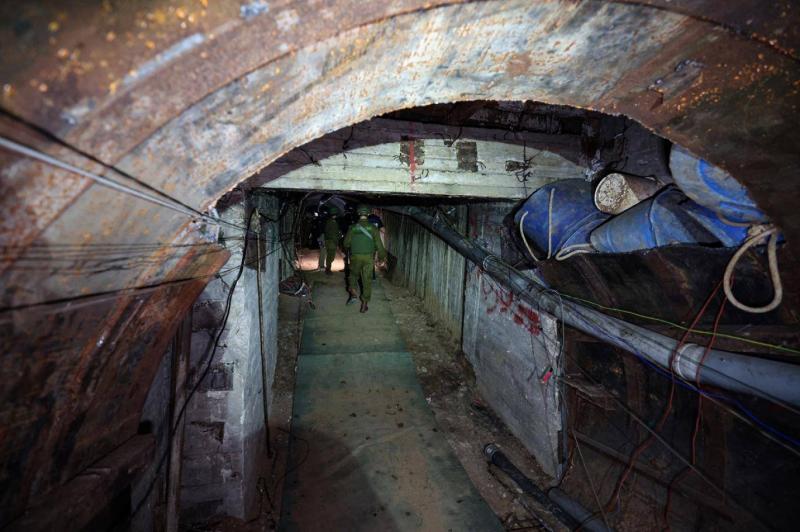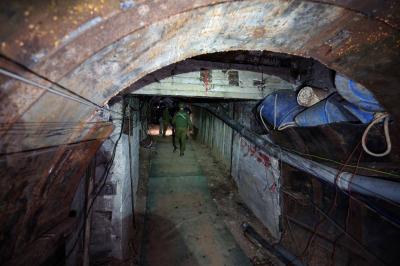Hamas' acceptance of the ceasefire last Monday evening, particularly following Israel's announcement of evacuating the residents of Rafah on the same day, revealed that Hamas' last remaining card was Rafah itself, not even Israeli prisoners. Reports and statements throughout Monday indicated that Hamas agreed to a ceasefire version that had not been previously negotiated, surprising not just Israel but also the White House, the international community, and presumably the mediators as well.
Hamas' agreement to the ceasefire came after Israel announced the evacuation of some Rafah residents, signaling the onset of an Israeli incursion. It appears that Hamas aimed to create internal confusion for Israel and embarrass it internationally. However, what Hamas failed to realize, according to Al-Sharq Al-Awsat, is that those who continue the killing, namely the Israelis for nearly six months now, are least bothered by international embarrassment or internal Israeli pressure regarding prisoners, as the extreme government led by Netanyahu is more focused on its survival than on appeasing anyone.
Another oversight by Hamas was that its announcement to accept the ceasefire in that manner indicated that its last bargaining chips were Rafah, not even the prisoners, with reports suggesting that Hamas has no more than 30 prisoners, implying that the rest are with other factions or have been killed. This situation demonstrates that Hamas' international stance has become weak, not to mention its poor position on the ground, with the disaster caused by Hamas due to the October 7 operation leading to an Israeli incursion into Rafah, effectively restoring the occupation of Gaza, similar to the situation before 2005.
The reality is that Hamas, as usual, misread the events, the Israeli behavior, and the international approach, thereby cornering itself into a critical and acute position, weakening all its bargaining chips with Israel and diminishing the role of mediators. Israel’s entry into Rafah today means that Hamas no longer requires further negotiations but urgently needs guaranteeing parties, which compounds Hamas' predicament as it seems to seek a safe external location and is now possibly looking for a guarantor for a safe exit.
Hamas has played all the cards it had while overlooking the balance of power, forgetting that the period following October 7 is not comparable to before it. Additionally, Hamas did not adequately interpret the Iranian disappointment towards it, nor did it understand the international mood. Furthermore, Hamas did not analyze the Israeli sentiment carefully and was misled by the partially true statement regarding the "extreme Israeli government," while the facts indicate that the Israeli public as a whole is not against the war, regardless of its desire to retrieve the prisoners; rather, it is in a warlike mood.
Consequently, Hamas’ options are now difficult and limited, and its only remaining choice may be to secure a safe exit for its remaining leaders and fighters from Gaza, for two reasons: first, Hamas has surrendered itself to Netanyahu since October 7, who is focused on survival. The second reason is that Hamas has long forgotten the wisdom of the saying that if you find yourself in a hole, you should stop digging.




